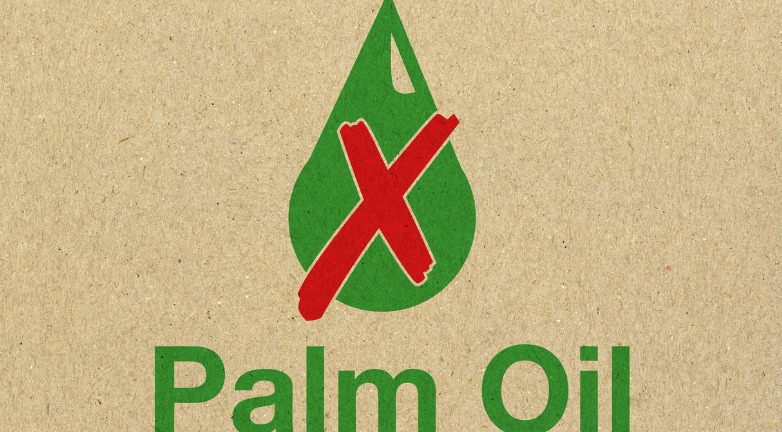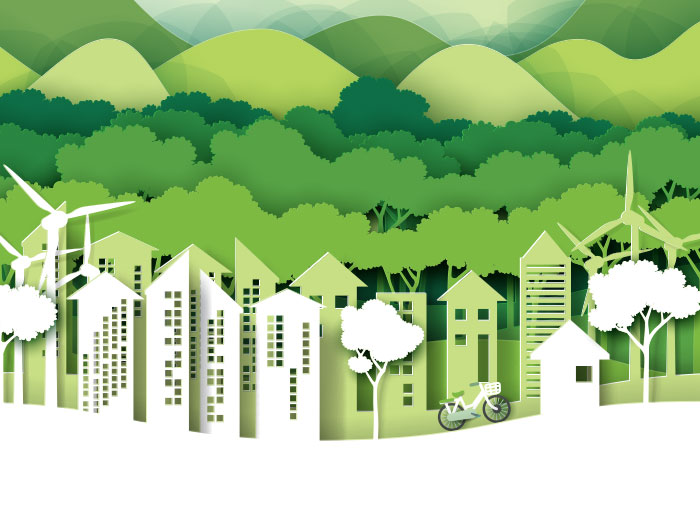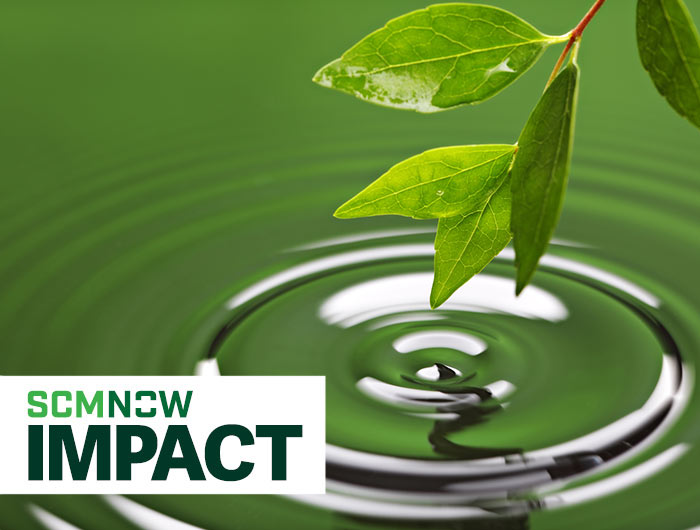British supermarket chain Iceland is making a bold sustainability move. The retailer is becoming the first major UK supermarket chain to stop using palm oil in its store-brand food products. It aims to accomplish this goal by the end of 2018, The Guardian reports.
Greenpeace campaigns urging manufacturers to take control of their supply chains and reduce their palm oil use brought the issue to the attention of Iceland's leaders. Last November, Managing Director Richard Walker visited Borneo to see firsthand the impact of farming oil palms for palm oil production.
Palm oil is a cheap, mass-produced ingredient that is known for its versatility. It is used in foods, beverages, personal care items, cosmetics and biodiesels. Because of palm oil's application in a wide variety of products, its demand is expected to double by 2050.
According to the BBC, palm oil production is said to have been responsible for about 8 percent of the world's deforestation between 1990 and 2008. Additionally, burning large areas of forests to clear areas where oil palms can be grown has also been blamed for high levels of air pollution in South East Asia.
Some palm oil producers work to source the ingredient as sustainably as possible. The Roundtable on Sustainable Palm Oil (RSPO) requires that growers who want to offer RSPO-certified sustainable palm oil must meet its eight principles: commitment to transparency, compliance with applicable laws and regulations, commitment to long-term economic and financial viability, use of appropriate best practices by growers and millers, environmental responsibility and conservation of natural resources and biodiversity, responsible consideration of employees and of individuals and communities affected by growers and millers, responsible development of new plantings, and commitment to continuous improvement in key areas of activity. Because of palm oil's high demand and complex supply chain, only a small percentage of palm oil comes from officially approved sustainable sources, The Guardian reports.
Walker argues that no truly sustainable palm oil option exists. "Certified sustainable palm oil does not currently limit deforestation, and it does not currently limit the growth of palm oil plantations," he told BBC News. "So, until such a time as there is genuinely sustainable palm oil that contains zero deforestation, we are saying no to palm oil."
Previously, Iceland included palm oil in 130 of its products, which represents 10 percent of its food portfolio, according to the Guardian. By eliminating its use of palm oil, the company will reduce global palm oil demand by more than 500 tons a year.
The supermarket chain is working with suppliers to substitute vegetable and rapeseed oil in place of palm oil. So far, the company has managed to remove palm oil from 50 percent of its store-brand food products.
Walker told BBC News that, although these reformulations and substitutions will increase Iceland's production costs, the company does not plan to raise its prices. He explained the company is eliminating its palm oil use simply because it feels this is the right thing to do.
Green goals for all
Not only are governments requiring that business abide by new and evolving environmental standards, consumers also are demanding greater transparency into companies’ sustainability efforts. Supply chain professionals often are tasked with identifying ways to make their businesses more sustainable. The goal for many companies is to create a green supply chain, which the APICS Dictionary defines as, “A supply chain that considers environmental impacts on its operations and takes action along the supply chain to comply with environmental safety regulations and communicate this to customers and partners.”
APICS will be delving into this important topic at APICS 2018, which will take place September 30-October 2 in Chicago. At the World Cafe on September 30, participants will discuss the crucial questions all companies face as they develop their ethical and sustainable supply chain management strategies. This will be a unique opportunity for attendees from around the globe to discuss how incorporating ethical and sustainable supply chain practices can improve overall supply chain performance.
Registration for APICS 2018 is now open. Visit apics.org/conference to learn more.



